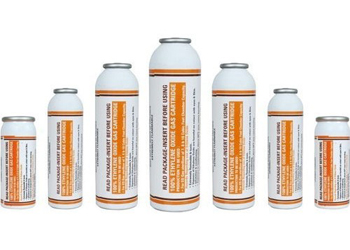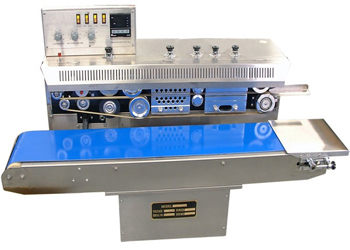In African hospitals, ensuring healthcare safety is paramount, and ETO (Ethylene Oxide) sterilizers play a crucial role in maintaining sterile environments and preventing the spread of infections. Across major and minor African countries, ETO sterilizers are essential equipment in healthcare facilities, enabling the effective sterilization of medical instruments and equipment. Let’s explore how ETO sterilizers contribute to healthcare safety in different African countries.
Nigeria
Nigeria, as one of the most populous countries in Africa, faces significant healthcare challenges, including infection control in hospitals. ETO sterilizers are widely used in Nigerian hospitals to sterilize surgical instruments, endoscopes, and other medical devices. With the prevalence of infectious diseases and high patient volumes, ETO sterilizers play a vital role in preventing healthcare-associated infections and ensuring the safety of patients and healthcare workers across Nigeria.
South Africa
In South Africa, ETO sterilizers are integral to healthcare facilities’ infection control protocols. South African hospitals utilize ETO sterilizers to ensure the sterility of critical medical equipment used in surgical procedures, obstetrics, and intensive care units. With the country’s diverse healthcare landscape and high burden of infectious diseases such as HIV/AIDS and tuberculosis, ETO sterilizers are essential tools for maintaining high standards of healthcare safety and preventing the transmission of pathogens in healthcare settings.
Kenya
Kenya’s healthcare system relies on ETO sterilizers to support infection prevention efforts and ensure patient safety. Kenyan hospitals use ETO sterilizers to decontaminate reusable medical instruments and equipment, reducing the risk of cross-infection and surgical site infections. With the country’s focus on expanding access to healthcare services and improving healthcare quality, ETO sterilizers play a vital role in supporting safe surgical practices and enhancing the overall quality of care in Kenyan hospitals.
Ethiopia
Ethiopia’s healthcare infrastructure is rapidly evolving, with ETO sterilizers playing a critical role in improving infection control practices in hospitals and healthcare facilities. Ethiopian healthcare providers utilize ETO sterilizers to sterilize surgical instruments, medical devices, and hospital linens, ensuring the safety of patients undergoing medical procedures. As Ethiopia continues to invest in healthcare infrastructure and capacity-building initiatives, ETO sterilizers will play an increasingly important role in safeguarding healthcare safety and quality across the country.

Ghana
Ghana’s healthcare system relies on ETO sterilizers to meet the sterilization needs of its hospitals and healthcare facilities. Ghanaian hospitals utilize ETO sterilizers to sterilize surgical instruments, dental equipment, and endoscopes, adhering to international standards for infection control and patient safety. With the country’s commitment to strengthening healthcare infrastructure and improving healthcare outcomes, ETO sterilizers play a crucial role in supporting safe surgical practices and reducing the risk of healthcare-associated infections in Ghana.
Conclusion
In African hospitals, ETO sterilizers are indispensable tools for ensuring healthcare safety and preventing the spread of infections. From Nigeria to South Africa, Kenya to Ethiopia, ETO sterilizers play a vital role in maintaining sterile environments, decontaminating medical equipment, and safeguarding the well-being of patients and healthcare workers. As African countries continue to invest in healthcare infrastructure and capacity-building initiatives, ETO sterilizers will remain essential for supporting safe and effective healthcare delivery across the continent.





